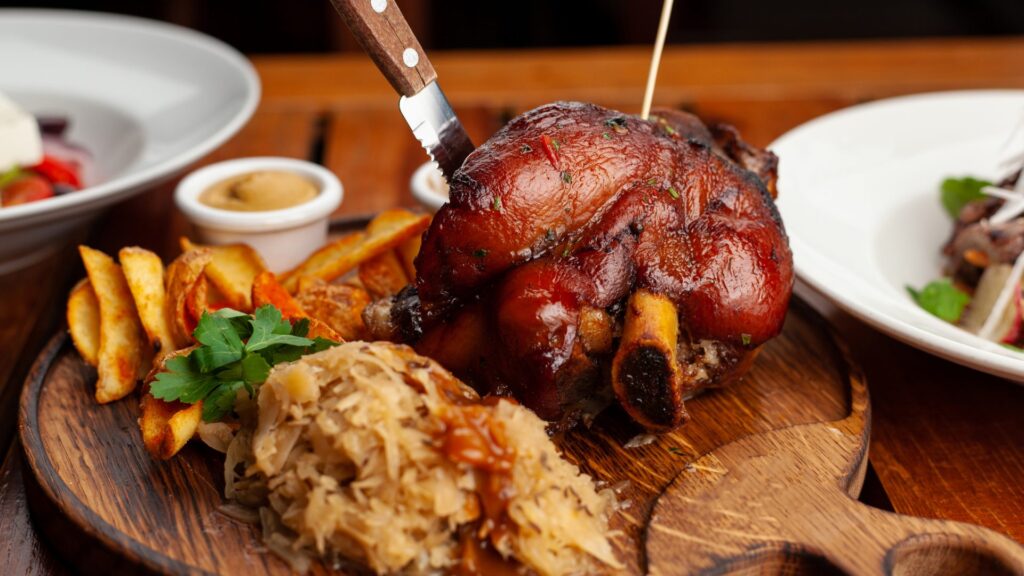Mastering the Art of Baking – Tips and Recipes for Perfect Pastries
Mastering the art of baking requires a blend of precision, patience, and a touch of creativity. Perfect pastries, whether they are flaky croissants or delicate éclairs, demand attention to detail and a few key techniques that can elevate your baking game. One of the fundamental aspects of baking successful pastries understands the importance of cold ingredients. For items like piecrusts and puff pastries, keeping butter and dough chilled ensures a flaky texture by preventing the fat from melting too quickly during baking. When it comes to constructing the perfect pastry dough, measuring ingredients accurately is crucial. Baking is a science, and even small deviations can lead to disappointing results. Invest in a good kitchen scale and measuring cups to ensure you follow recipes precisely. Additionally, sifting flour before measuring can prevent clumping and ensure a light, airy texture in your baked goods. The technique of laminating dough is essential for pastries like croissants and Danish pastries. Laminating involves folding and rolling dough with layers of butter to create a flaky, layered texture.

The key is to maintain the dough’s cold temperature throughout the process and to handle it gently to avoid overworking, which can result in dense pastries. Be patient during the resting periods between folds; they are vital for developing the dough’s structure. For a foolproof puff pastry, starting with high-quality butter is essential. The butter should be evenly distributed throughout the dough to create the signature layers. Well-chilled dough and a light hand when rolling out will ensure that your puff pastry puffs up beautifully in the oven. In addition to technique, the choice of ingredients plays a significant role in the outcome of your pastries. Using fresh, high-quality ingredients will make a noticeable difference in flavor and texture. For example, using real vanilla extract instead of imitation vanilla can enhance the overall taste of your baked goods. Likewise, choosing the right flour—such as pastry flour for delicate pastries or all-purpose flour for sturdier items—can affect the final product. When it comes to recipes, starting with classic ones can build your confidence.
Try making a batch of buttery shortbread cookies or a simple lemon tart. Shortbread requires minimal ingredients and is forgiving, making it an excellent way to practice techniques like creaming butter and sugar. A lemon tart, on the other hand, allows you to work with both a pastry crust and a custard filling, offering a comprehensive baking experience. As you advance, experiment with more complex recipes like éclairs or macarons. Éclairs require a well-executed pâte à choux dough, which should puff up and create hollow centers for filling. Macarons demand precision in mixing and piping, but with practice, they yield elegant, colorful treats with a crisp shell and chewy interior. Lastly, remember that baking is as much about enjoyment as it is about perfection. Embrace the process, learn from each attempt, and savor the satisfaction of creating delicious pastries from scratch. With patience and practice, you will master the art of baking and create pastries that not only look stunning but also taste divine.
